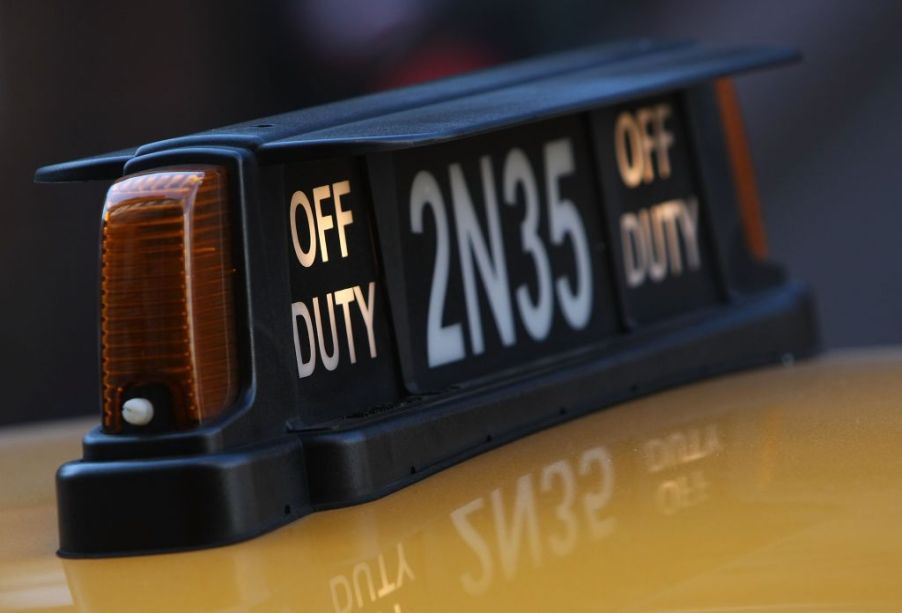
What Tesla’s New Battery Means for the Taxi Business
The future of automobiles is in constant flux. Every day we see new advances that change the way we drive. Tesla is one of the biggest contributors to this change, and its new lithium-ion battery cell is no different. With Tesla’s new battery, the way transportation companies, such as taxis and delivery services, do business could be altered for years to come.
Tesla has a new extreme battery
Tesla is known for stretching the limits of what we think of as possible, and the company may have done it again. It claims to have to a new battery with more power than we’ve ever seen before, or ever even imagined.
Dalhousie University, which does research for Tesla released a report that claims to have tested a lithium-ion battery cell that can power an electric car for more than one million miles and last at least 20 years in energy storage.
Elon Musk, the CEO of Tesla, has been optimistic about the kinds of new projects this battery cell could make possible. He wants to see self-driving and fully-autonomous cars on the road in the near future.
While this new battery doesn’t solve all the problems self-driving cars bring, it does mean they’ll have an option for making the cars more cost-effective. The new lithium-ion battery cell would seriously bring down the cost-per-mile operating costs of any business vehicle fleets.
Elon Musk envisions the future of the taxi
As part of his push towards self-driving cars, Musk said he’s trying to develop a fleet of autonomous robotaxis, or taxis that would no longer require a driver, making the cost to run the taxis service much lower. At a presentation in Palo Alto, California last year, Musk said, “I feel very confident predicting autonomous robotaxis for Tesla next year.”
Tesla’s new battery makes the cost of running these autonomous robotaxis, if he’s able to perfect self-driving technology, even less. In most taxi services, paying the driver and fuel costs are by far the biggest expenses.
Tesla’s new technology makes both those costs obsolete. It could also change the way delivery services operate, another industry which Musk is hoping to break into. But not everyone is excited about these new advances for the driving industry. Those who work as drivers see this as a threat.
Will the taxi service survive?
The possibility of self-driving cars isn’t the only thing threatening taxi services right now. Apps like Lyft and Uber, have really cut into taxi profits. The majority of people who have these services available will choose to use them instead of the traditional taxi.
The Los Angeles Times reported in 2016 that taxi service rides had fallen in the L.A. area by 30% because of ride-sharing apps and by now, three years later, the number is probably even higher.
If Tesla develops a reliable self-driving car, will the taxi companies survive? The answer to this may depend on whether these new cars would be available for purchase by other companies, and how much they would cost.
If a taxi company could afford to purchase the new cars from Tesla, the company itself would survive, thrive even. However, they would no longer need their drivers. Many would be out of a job unless they could think of a way to compete.
The new Tesla batteries themselves would likely help the taxi industry. Anything that lowers fuel costs, which is one of the industry’s biggest expenses, would help taxis out. But self-driving cars are another story.
However, we are looking at a big if here. If Tesla can make its self-driving cars and lithium-ion battery cell at a reasonable price, it may push drivers out of a job, but if it remains at outrageous prices, it’s likely we’ll continue to see taxi drivers on the road for years to come.


